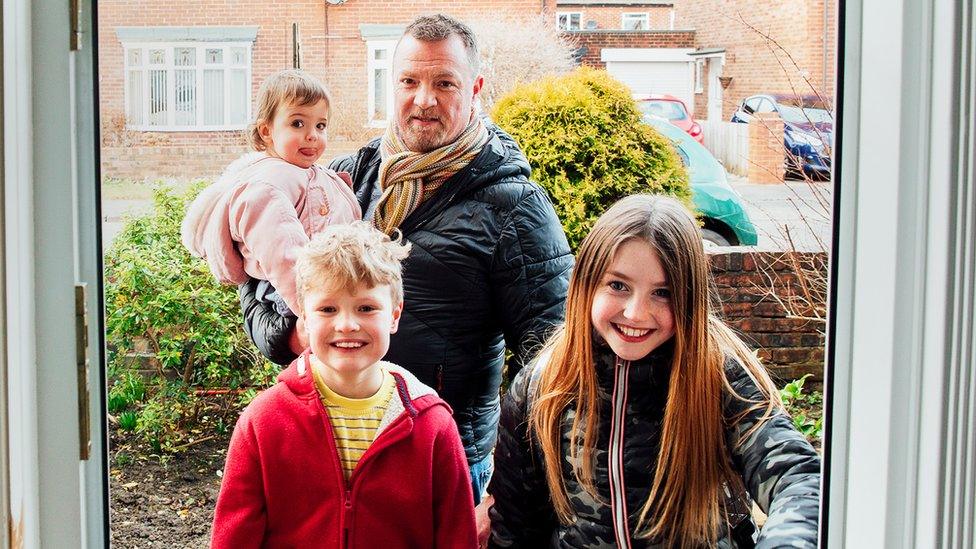Tanni Grey-Thompson: Reopen leisure facilities call
- Published
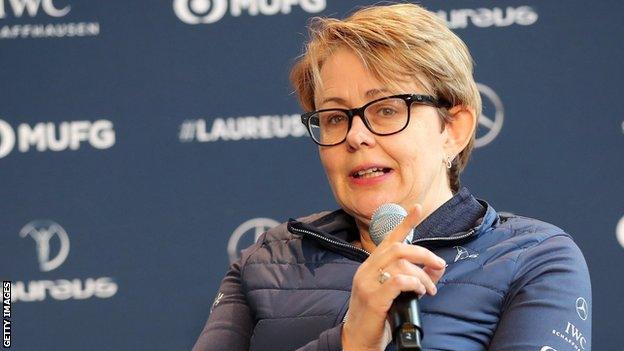
Baroness Tanni Grey-Thompson won 16 Paralympic medals and broke 30 track world records.
Paralympian champion Baroness Tanni Grey-Thompson has called on the first minister to name a date to reopen leisure centres in Wales.
She has warned in a letter that there could be "social costs" of £97m if gyms stayed closed for six months.
Baroness Grey-Thompson said the leisure sector was ready to reopen safely and was a vital part of Wales' health and wellbeing after coronavirus.
It is understood Mark Drakeford has not formally replied to her letter yet.
But a spokesman for the Welsh Government said: "Given the higher risk of transmission of Covid-19 within leisure centres, they could only be reopened safely when we are in the green phase of our traffic light system for lifting restrictions."
Baroness Grey-Thompson told BBC Radio Wales's Drive programme she struggled to understand why in England it has been deemed safer to go pubs, which are reopening on 4 July, rather than to the gym.
"Leisure facilities know the names and addresses of everyone who comes through the door, they can limit the numbers, move equipment, have sanitation at every station and there are already very strict rules on ventilation," she said.
"Personally, the thought of going to a beer garden worries me - how will they maintain physical distancing, how do you keep an accurate record of who is going in and out? It's not going to be easy to do," she said.
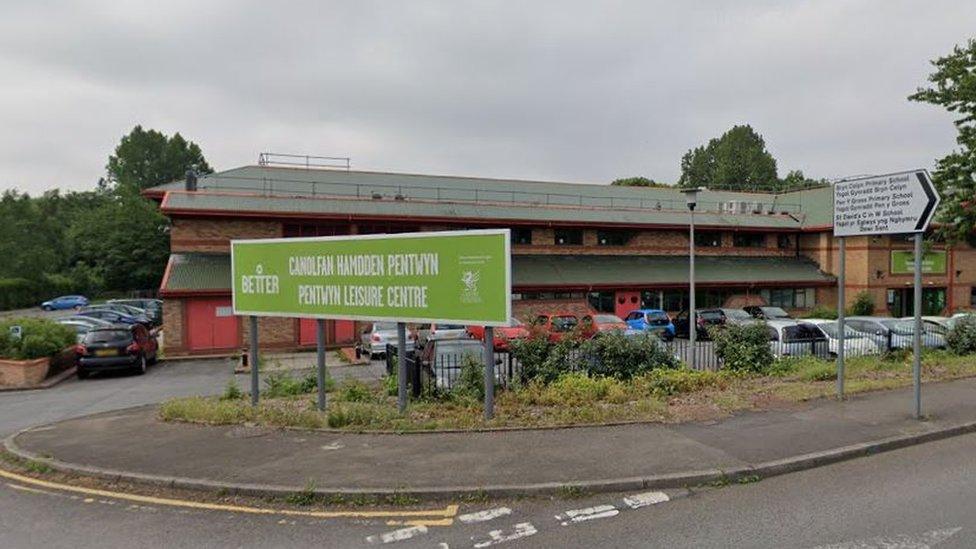
Pentwyn leisure centre is being used as a temporary training centre for the Cardiff Blues during lockdown
She warned if centres across Wales remained closed for a further six months, it would result in losses of around £97m in "social value", including money used by the NHS in treating conditions relating to a lack of physical activity.
"If you look at the BAME community, they are over-represented when it comes to using public leisure facilities, making up 25% of usage from 14% of the population across the UK.
"By the time many children go back to school they will have missed 23 weeks of physical education so we could have a generation of young people who really struggle to get over this pandemic.
"Low income families also make up high proportions of membership to local leisure facilities so it's a cruel irony that covid is disproportionately impacting those who we want to target to be more active," said the Cardiff-born athlete, who won 11 Paralympic gold medals in her career.
The latter point is made in a report from the Senedd's culture, language and communications committee following their inquiry into the impact of coronavirus on sport and physical activity.
It found people in poorer areas are doing less exercise during lockdown than those in more affluent areas, and this could become "a habit" post-lockdown.
Evidence from the national activity body Sport Wales showed 39% of adults from better-off backgrounds were doing more activity during lockdown compared to 32% doing less - a seven percentage point increase in activity.
However there is a four percentage point decrease in activity among adults from worse-off areas, with 33% being less active and 29% doing more.
Acting committee chair Helen Mary Jones MS said: "The contrast in exercise levels between communities is deeply concerning and we must guard against this gap growing, or lack of exercise becoming a habit.
"We urge the Welsh Government to address this issue as part of its recovery plan and to work with local authorities in providing adequate support to ensure the survival of leisure trusts and community clubs across the country."
Female participation 'slightly increased'
The committee also heard from professional bodies. The Welsh Rugby Union said professional rugby "was taking and will take a huge hit".
The Football Association of Wales said grassroots football was likely to be hit hard, with the women's game being hardest hit of all.
In one positive note, Dr Kelly Mackintosh of Swansea University, associate professor in sport science, said female participation in physical activity had "slightly" increased since lockdown.
She said the increase could be attributed to "less social interaction and feelings of insecurity", adding: "This is a real positive that we should cling on to and also use as a positive to transfer beyond post-lockdown."
The Welsh Government said in a statement: ""Our officials are engaging closely with Sport Wales on the impact of Covid-19 on participation in sport, including the widening inequalities gap and reduced participation rates of children and young people.
"A cautious and equitable return to sport will help to mitigate this."
- Published27 September 2020
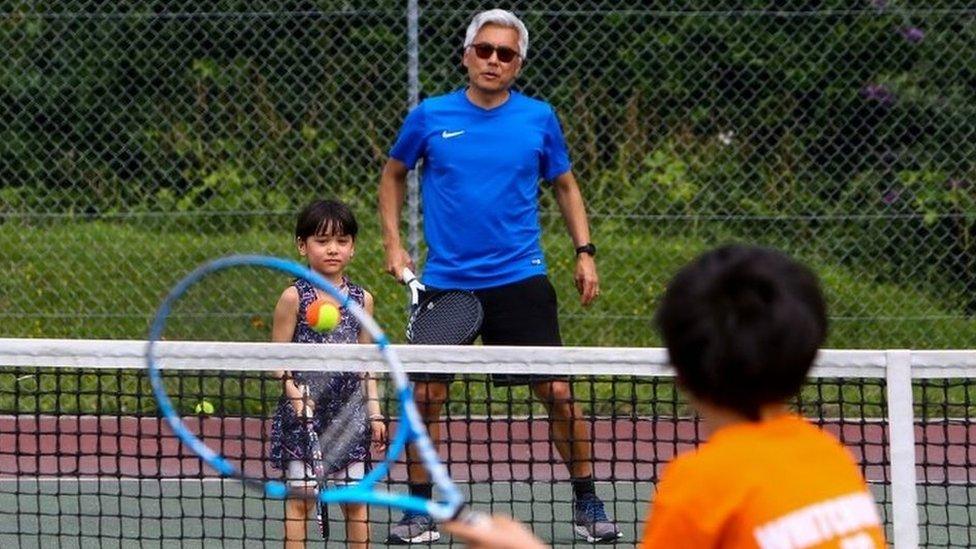
- Attribution
- Published25 June 2020
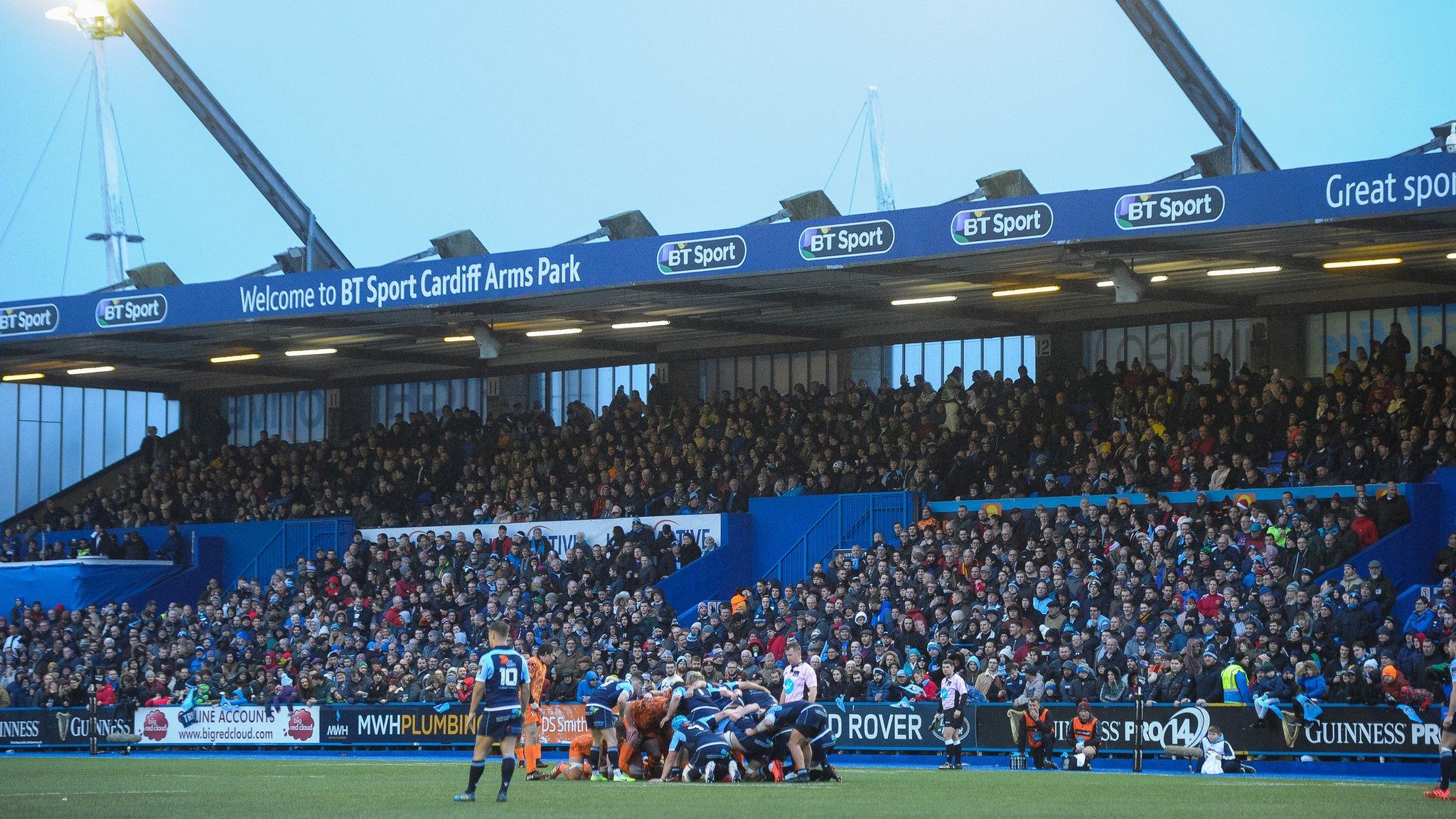
- Published30 June 2020
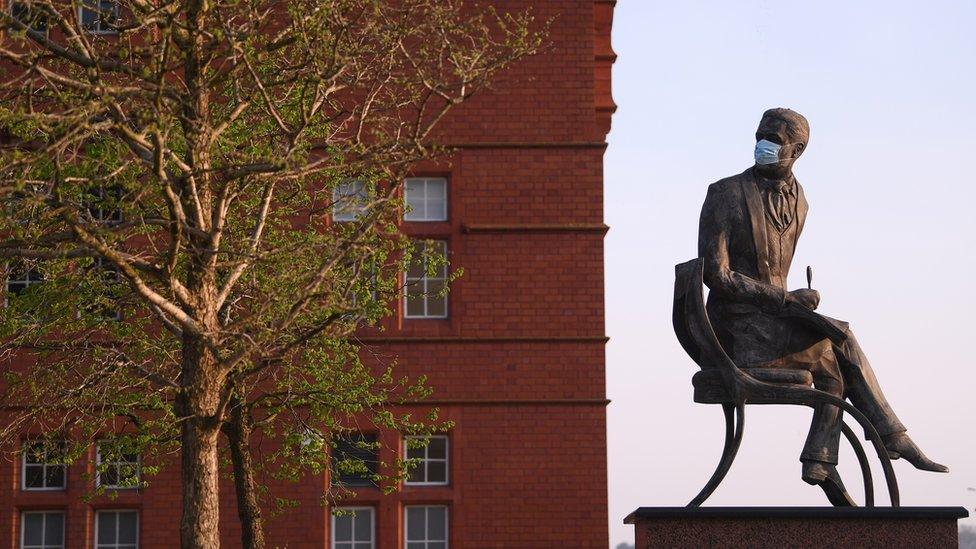
- Published29 June 2020
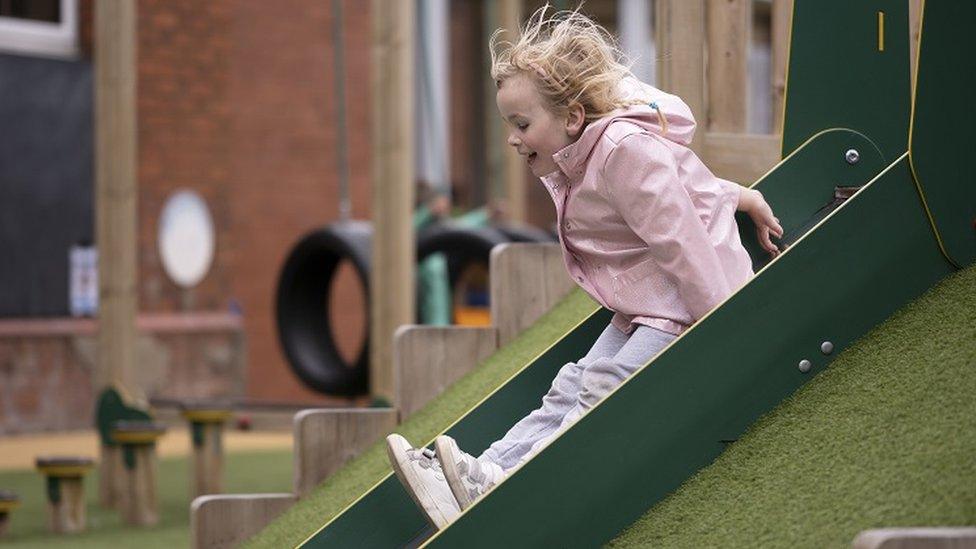
- Published24 June 2020
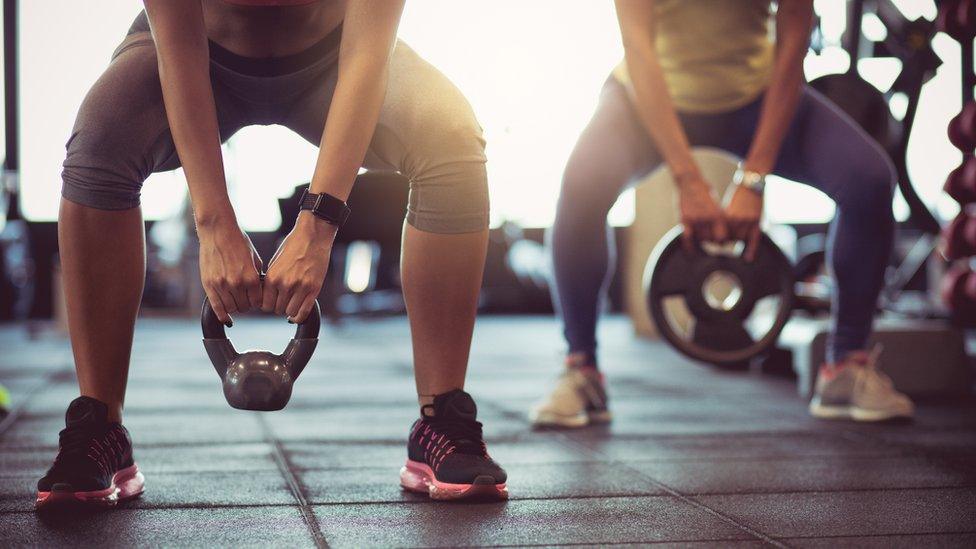
- Published30 June 2020
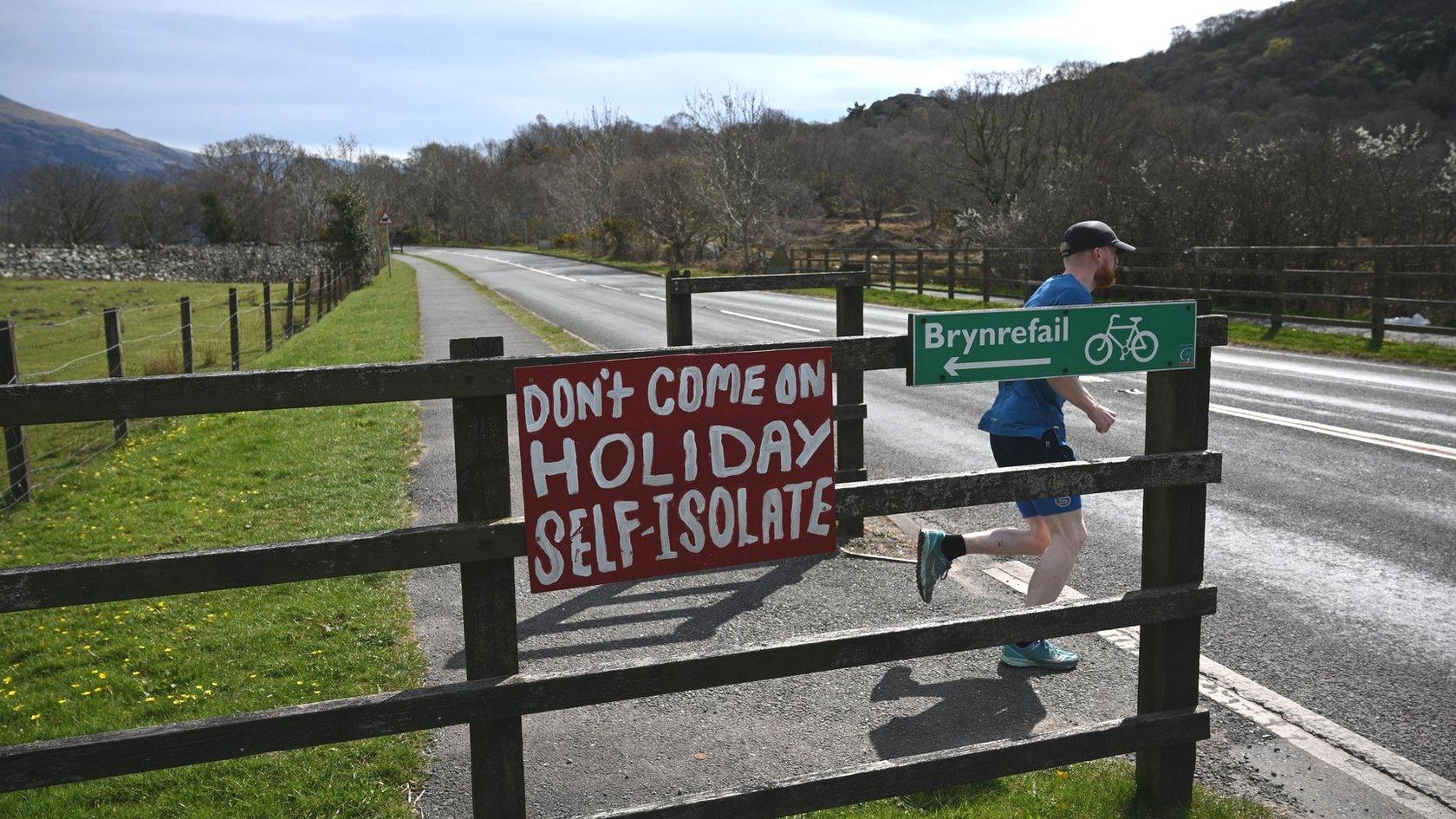
- Published25 June 2020
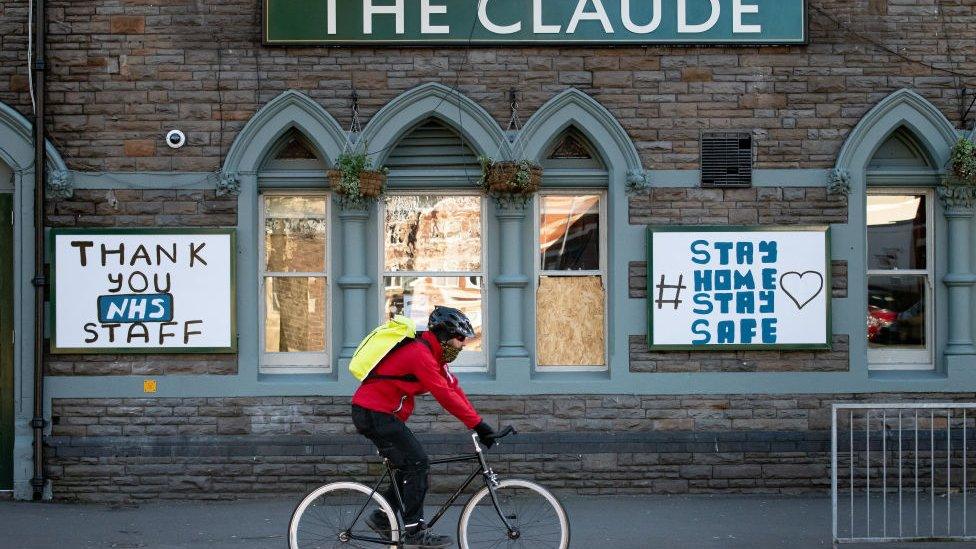
- Published23 June 2020
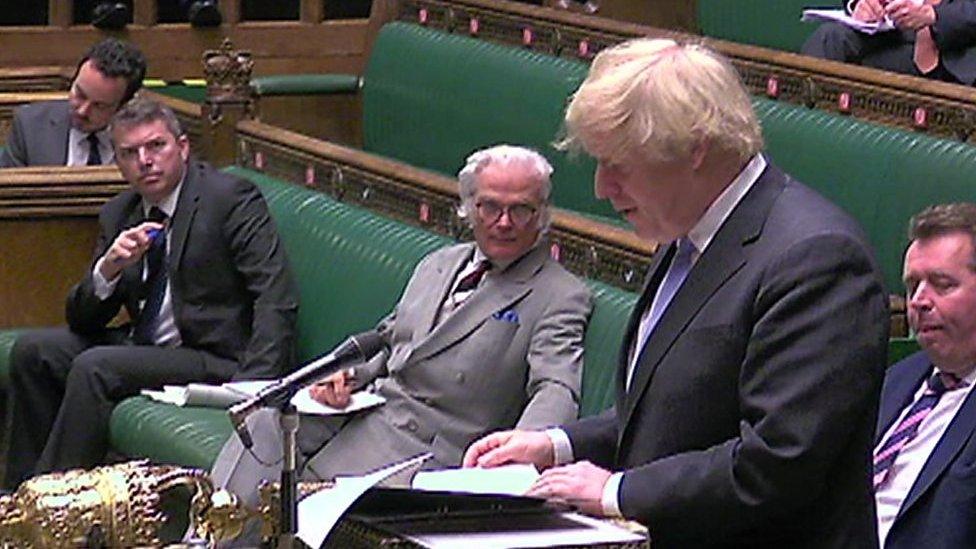
- Attribution
- Published25 March 2020
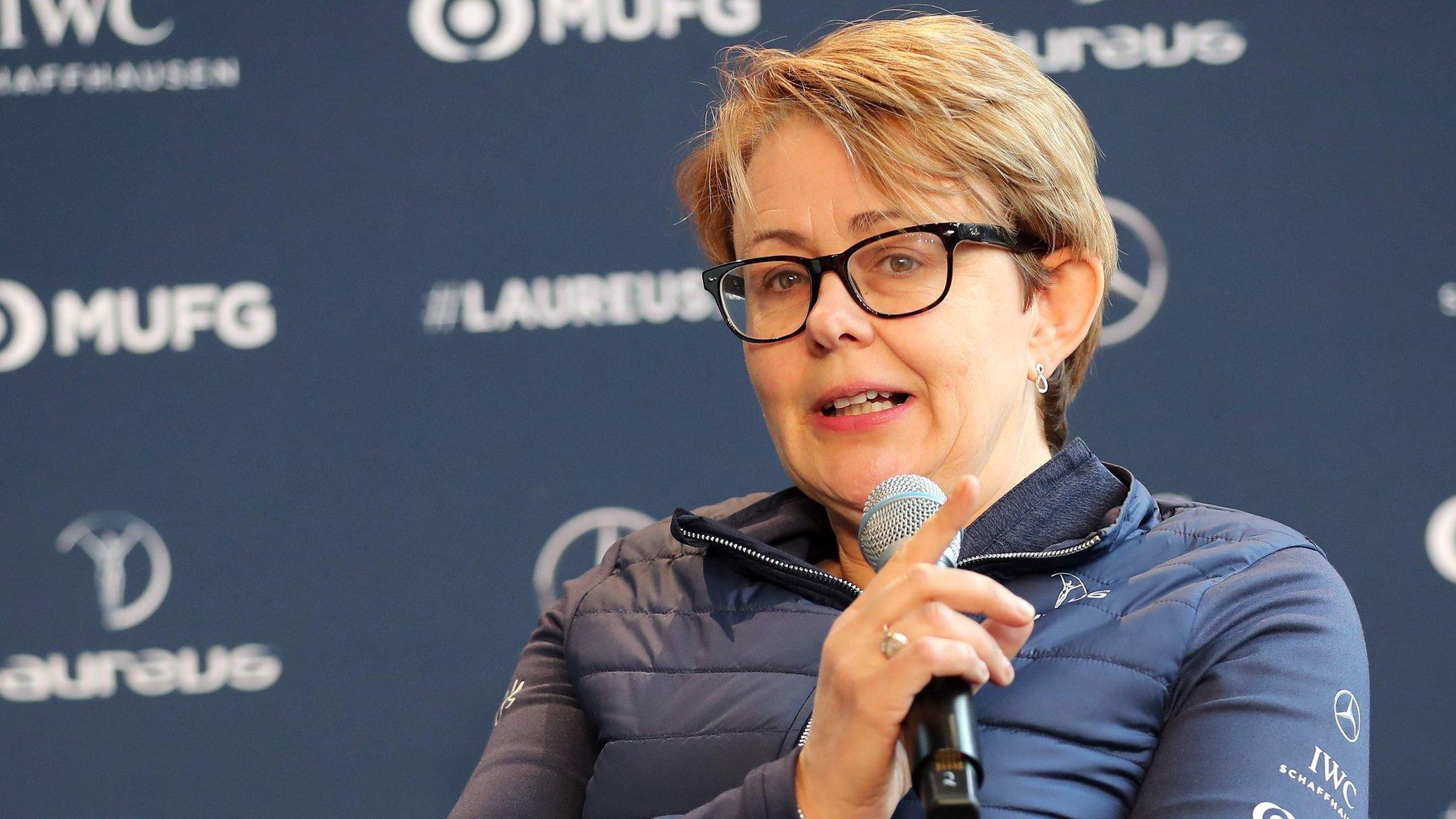
- Attribution
- Published28 December 2018
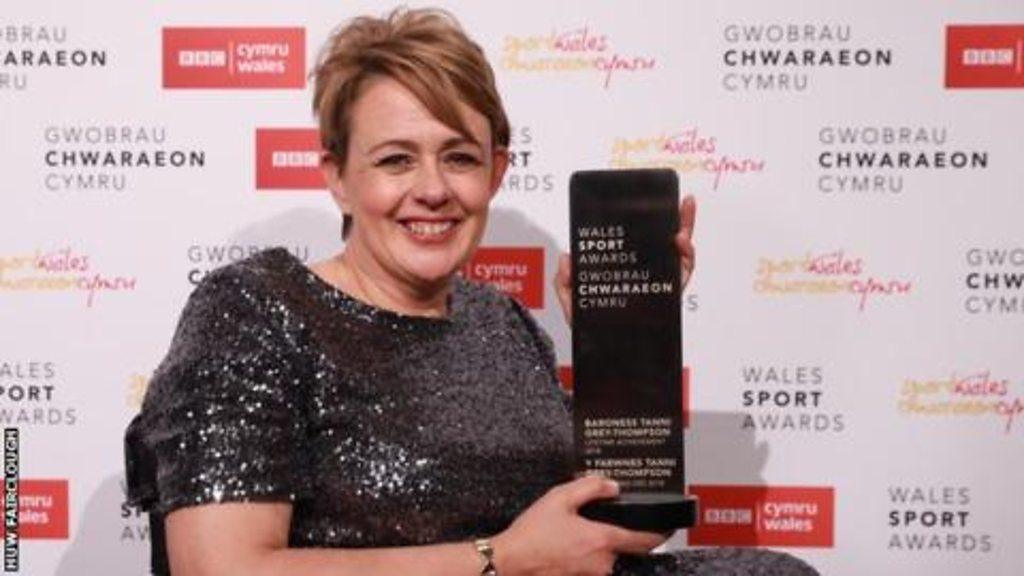
- Published29 June 2020
